Almost half of all American adults have high blood pressure, which puts them at increased risk of heart attacks and strokes. I'm taking the Going for Zero Pledge to help raise awareness about the importance of knowing your blood pressure.
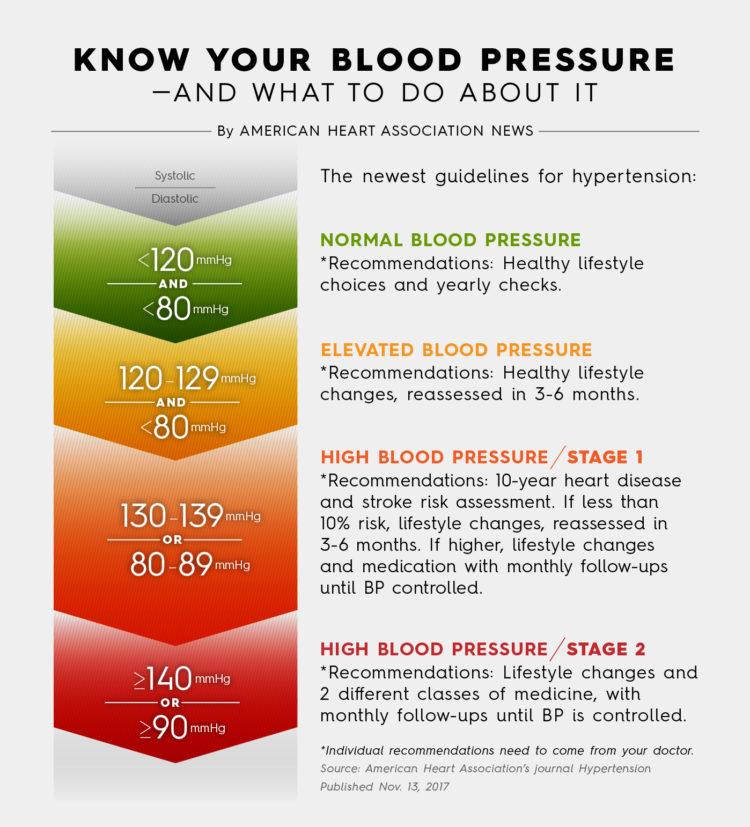
Thank you to Omron Healthcare for sponsoring this post! As always, all opinions expressed are 100% my own.
This week’s post is a little bit different from my usual posts. I won’t be posting a recipe today but rather, I will be focusing on an important medical topic that affects so many of us- hypertension. This is something that I deal with everyday in the Emergency Room. Many of us are living with hypertension (otherwise known as high blood pressure) and may not even be aware of it. It’s actually sometimes referred to as a “silent killer” because it develops over time and often has no signs or symptoms. But the truth is that high blood pressure can have many negative effects on your health. High blood pressure increases the amount of work your heart has to do to pump blood throughout your body, which causes the heart muscles to thicken and stiffen. It also increases your risk of heart attack, stroke, congestive heart failure, and kidney failure.
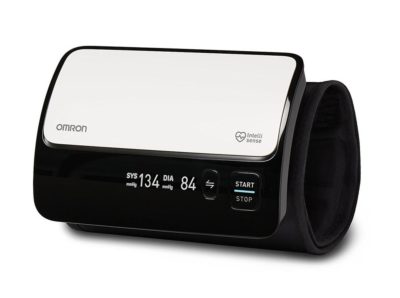
To make this topic even more relevant, because of recent changes in the scientific guidelines for blood pressure by the American Heart Association and the American College of Cardiology, more than 103 million Americans are now classified as hypertensive. The new guidelines are designed to help people get their blood pressure under control earlier, thus preventing organ damage. Hypertension used to be defined as a blood pressure of 140/90 but as of November 2017, the new guidelines consider a blood pressure of 130/80 to be hypertensive. The percentage of US adults with high blood pressure thus jumped from 32% to a whopping 46%. That means that almost half of American adults are now classified as hypertensive- that’s a huge number!
Knowing your blood pressure is the first step in preventing heart attacks and strokes. I’ve partnered with @OmronHealthUS to spread the word about their #GoingforZero campaign #adClick To Tweet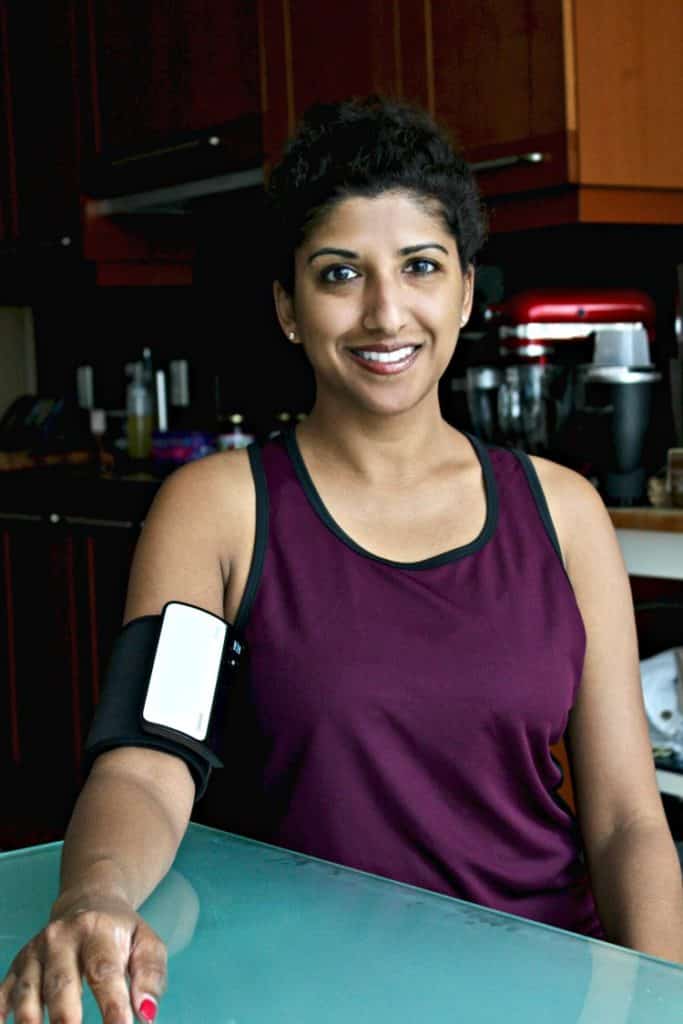
So to help increase awareness of this important topic, I’ve teamed up with Omron Healthcare to take the Going for Zero Pledge. Omron is a global leader and number one doctor and pharmacist recommended brand in personal blood pressure monitors. Their Going for Zero Pledge is a national campaign to help raise awareness about the importance of knowing your blood pressure. Their goal is zero heart attacks and strokes. These are largely preventable conditions and we can all take certain steps to reduce our likelihood of these events happening to ourselves or our loved ones.
Over the next 90 days, I’ll be monitoring my blood pressure and posting about my progress. Although I don’t have hypertension, both of my parents do so it’s definitely something that’s important for me to keep an eye on. I’ll be using my new Omron EVOLV wireless blood pressure monitor. It’s light, portable, and so easy to use. There are no tubes or wires and it connects via Bluetooth® to the Omron Connect app on your smart device so that you can track and store your readings over time. How cool is that?
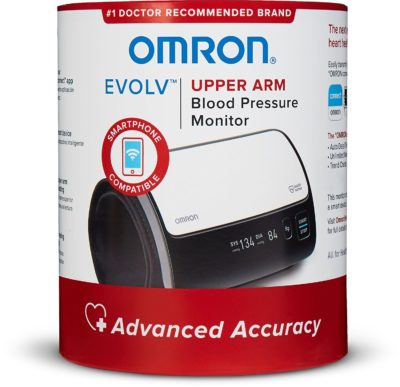
The good news is that getting your blood pressure under control doesn’t necessarily require medication. In many cases, you can lower your blood pressure and reduce your risk of heart disease and stroke through lifestyle changes. Here are a few heart-healthy tips to get you started:
- Monitor your blood pressure regularly: Knowing is half the battle. Remember that old line from the GI Joe cartoons (am I dating myself here)? The same applies to your blood pressure. Knowing your blood pressure numbers can help you take the right steps to control it and prevent complications like heart attacks and strokes.
- Eat smart: This is one of my favorite subjects! Eating the right food and cooking at home is one of the best ways to help keep your blood pressure in check. By watching your sodium intake and eating a nutritious, well-balanced diet filled with nutrients like potassium, calcium, magnesium, and fiber, you can help prevent and treat high blood pressure. More on this in my next post!
- Be physically active: Maintaining a healthy weight is important to minimize your risk of heart disease. Try to engage in 30 minutes of moderate physical activity several days a week like walking, jogging, cycling or swimming. Even small changes make a difference so start with simple things like taking the stairs instead of the elevator or parking further away from the entrance the next time you go to the grocery store.
- Kick those old habits: Limit your alcohol consumption and quit smoking altogether. Giving up smoking not only decreases your risk of hypertension, it also decreases your risk of heart disease, cancer, and numerous other conditions.
- Decrease stress: Too much stress can increase your risk of heart disease. Try to find ways to reduce your stress by engaging in relaxing activities like yoga, walks or reading. This also includes getting a good night’s sleep (8 hours if possible).
I look forward to going through this journey, learning more about my heart health along the way, and sharing my experiences with you. I’ll also be sharing one or two heart-healthy recipes along the way so stay tuned!
CLICK BELOW TO PIN!
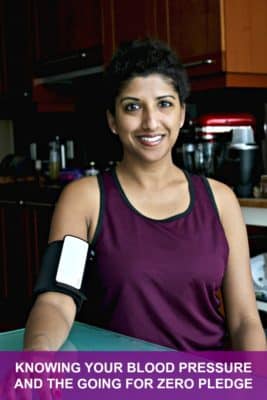



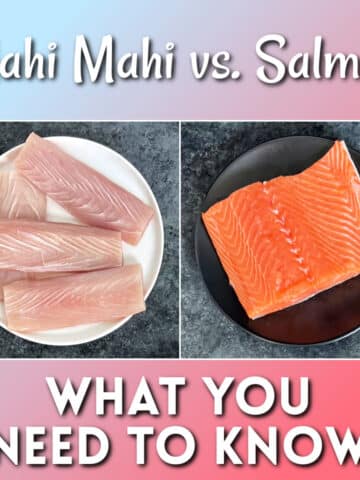


John Gatesby says
Indeed knowing is everything when it comes to preventing heart-related ailments and prevention is always better than cure. Working out, watching what you eat, less or no alcohol intake and no smoking, these are mantras that are always the common knowledge, only thing, one must pay heed.
url says
Thanks for the update on the new guidelines for defining hypertension.
I will look up on OMRON, to keep control on my BP. Thanks.
Bluegreenguitar says
I didn't know that guidelines for hypertension had changed recently!
Thanks for bringing this up and reminding people, myself included. I try to monitor my BP, though I do sometimes forgot to bring a monitor when I'm traveling.
Best wishes!
Farrah says
Great post! <3 I have several patients I've been nagging (heh) about decreasing salt intake, exercising, and being compliant with their medications! A few of them have finally started checking their blood pressures at home! I'll have to tell the ones that haven't yet about this monitor! :]
Toni says
Just ordered the above-mentioned blood pressure monitor. My doctor has been on me for the last year to do this. Thanks so much for the nudge I needed. I have been controlling my diabetes and hypertension with diet and exercise for 10 years. Thanks so much for your very helpful information and the wonderful recipes that help keep me on track. Have a wonderful day.